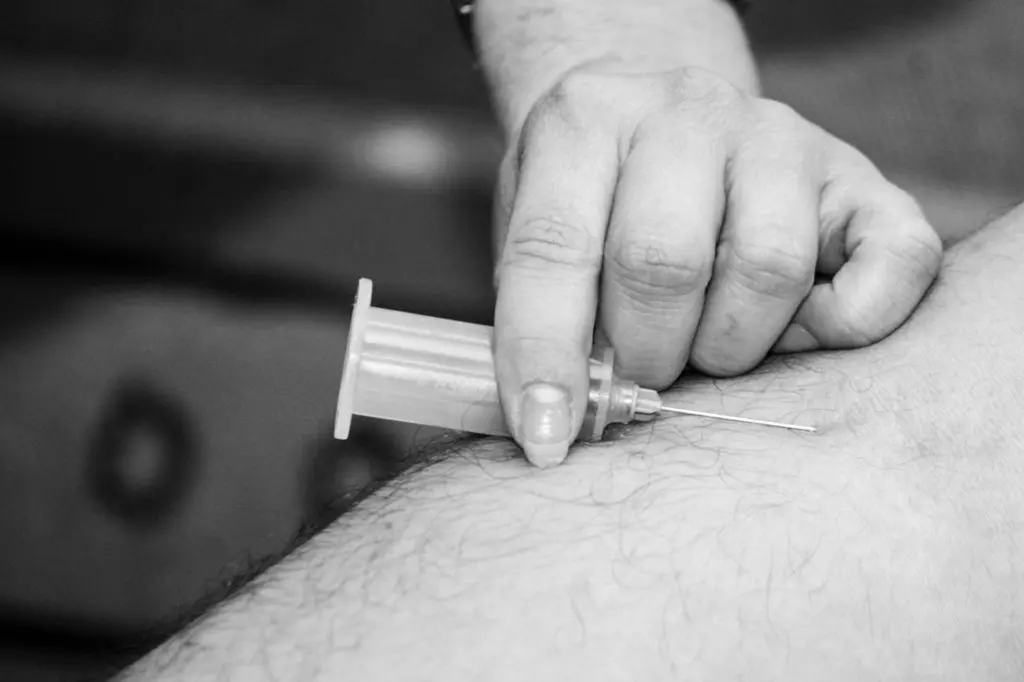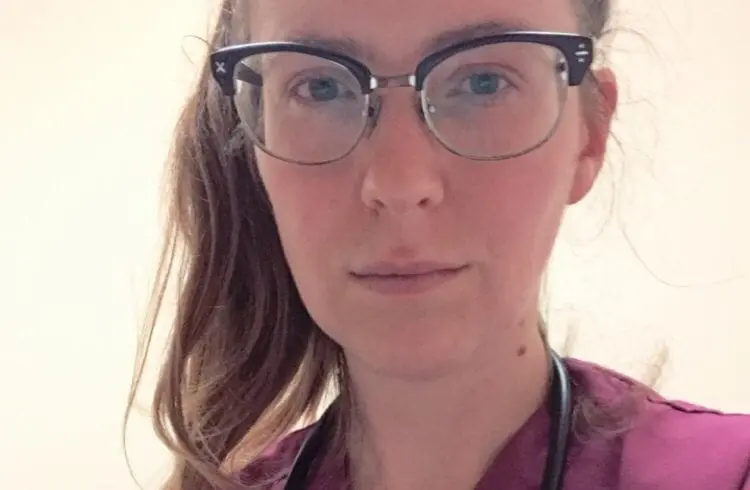Students who enroll in nursing programs embark on a rewarding journey of helping others when they need it most. They join a respected profession that begins with a strong education, and they stay at the forefront of innovation as new technology continues to improve patient care.
While nursing has been a part of healthcare for a long time – and can be traced back to the Roman Empire and Medieval Europe – the modern profession of nursing started with the hard work of one dedicated woman: Florence Nightingale.
As the most famous nurse in history, Florence Nightingale is credited with being the founder of modern nursing and the driving force behind many important nursing reforms. And, while her story is a long one filled with uphill battles against difficult odds, it all began with one thing: a passion for helping others.
Early Life and Nursing Education: Nightingale Fights for a Career in Healthcare
Florence Nightingale was born into a wealthy English family at a time when wealthy English women had only one career option open to them: motherhood. While today, nurses can balance both work and home life, at that time married women couldn’t also enroll in school and pursue a career.
As a young woman, Florence Nightingale soaked up the education she was able to get at home. Her father, who believed in the education of young women and took pride in teaching his talented daughter, personally taught her history, philosophy, literature, and mathematics. He also taught her several languages including Greek, Latin, French, German, and Italian.
At an early age, Florence decided that she wanted to devote her life to helping others, and chose to study nursing. During the Victorian era, having an upper class daughter who worked as a nurse was nothing less than scandalous, and Florence’s family strongly opposed her career choice. Nevertheless, she eventually enrolled in the Institution of Protestant Deaconesses at Kaiserwerth school in Germany.
Nursing During the Crimean War: From Family Shame to National Hero
Once Florence graduated from nursing school, she found work at the Middlesex hospital for ailing governesses. Within a year she was promoted to superintendent.
Her reputation as a hard worker and dedicated professional caught the attention of the war office. The Crimean War had broken out and reports of the hospital conditions on the battlefield were so horrifying that an outraged public demanded a solution.
In 1854, Florence Nightingale was asked to organize a team of nurses and sail to Crimea as soon as possible. On her arrival, she saw first-hand just how terrible conditions were at the soldiers’ hospital. The facility smelled and looked like an open sewer as rats and cockroaches crawled over patients lying in their own feces. Patients were more likely to die from infections and diseases caught at the hospital than from the injuries they sustained on the battlefield, and basic supplies like soap, bandages, and clean drinking water were in very short supply.
Florence and her nurses got to work at once. They secured supplies, helped improve hospital efficiency, made conditions more sanitary, and got soldiers healthy meals. They worked around the clock, with Florence often using a lamp during the dark night hours as she walked from patient to patient.
The press dubbed her “The Lady of the Lamp” and her fame back home grew.
Nursing Reforms in England and Abroad
When Florence returned to England after the war, she was given a hero’s welcome. She was swarmed by fans and given an audience with the Queen, but the exhausted nurse was less interested in public praise than she was in nursing reforms.
Florence used donations to found the Florence Nightingale’s School of Nursing and Midwifery, and published several books that helped revolutionize nursing. Her reputation inspired countless young women to follow in her footsteps and enroll in practical nursing programs.
Students starting their careers in nursing programs in BC can trace their education back to the reforms Nightingale influenced. She taught the public the value of good nurses, and the importance of educating talented young women. It’s no surprise that every year on May 12 we celebrate International Nurses day in honor of Florence Nightingale, the mother of modern nursing.
Are you thinking about a career in nursing? What motivates you to pursue a career in healthcare?










